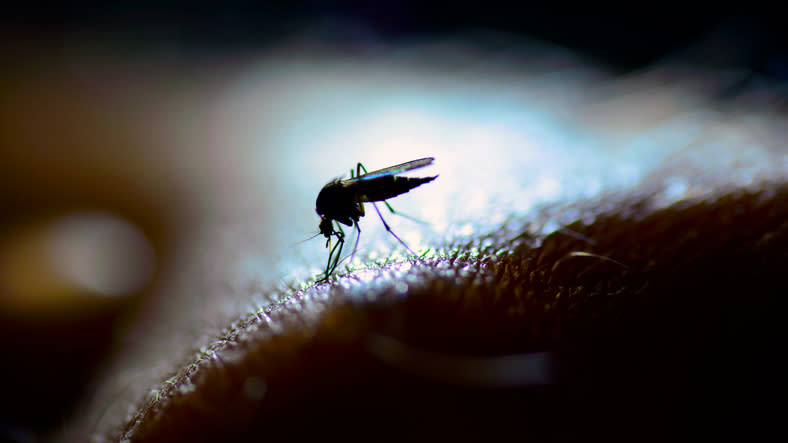South Florida to fight Zika by releasing thousands of lab-bred mosquitoes

Starting next week there will be an influx of mosquitos in South Miami, Fla. But unlike the mosquitos spreading Zika, these new guys won’t bite. Bred by a Kentucky biotechnology company called MosquitoMate, these male mosquitoes (male mosquitos don’t bite, in general) will carry a secret weapon: a chemical that stops the females they mate with from producing live offspring, which will in turn stop the proliferation of Zika.
Before releasing the modified mosquitoes, MosquitoMate will deliver traps to residents in South Miami, who will be instructed to place them in their yards. The traps will be used to monitor the size of the mosquito population before and after the experiment. Once the traps are in place, the team will release the modified male Aedes aegypti mosquitoes into the air and wait. The hope is that this will reduce the mosquito population significantly — thereby decreasing, or even eliminating, the risk of acquiring Zika in South Miami.
Despite recent waning national interest in the mosquito-borne illness, Zika hasn’t gone away. The illness, which is spread by the Aedes aegypti mosquito and sexual contact, is itself relatively mild. Most people infected don’t show symptoms, and those who do generally have a cold-like sensation that goes away on its own.
The concerning aspect of the disease is its potential for causing birth defects in the babies of women infected while pregnant.
The Centers for Disease Control and Prevention (CDC) has yet to issue a report on 2018 cases, but in 2017 it reported 418 domestic cases, and 637 in U.S. territories, of Zika-infected Americans. While the vast majority of cases are from traveling abroad, there were at least four recorded cases of locally transmitted Zika in the U.S. last year, two in Texas and two in Florida.
That’s where MosquitoMate comes in — or, more specifically, the modified mosquitoes. In partnership with the University of Kentucky, the biotech company discovered how to breed male Aedes aegypti mosquitoes that carry a naturally occurring compound called wolbachia. While technically a chemical, wolbachia is demonstrably benign. It’s present in 60 percent of insect species (including butterflies), environmentally friendly, non-infectious, and incapable of being passed to humans.
MosquitoMate’s reasoning is pretty simple: When a male Aedes aegypti mosquito with wolbachia mates with a female Aedes aegypti mosquito without it, the offspring are nonviable. Considering that a female generally lays a minimum of 100 eggs and that her average life cycle is no more than 10 days, this is huge. In a short amount of time, the wolbachia-carrying mosquitoes could theoretically wipe out their own species in whatever region they’re released into — thereby lowering the risk of Zika.
In a post announcing the program’s launch, the Miami-Dade County Mosquito Control and Habitat Management Division posted a video explaining the plans to residents. Considering that the disease has been locally spread in Florida, and that there remains no vaccine or cure, it’s likely to be welcome news. Specifically, to those carrying babies.
The specific birth defect that those infected with Zika have shown is microcephaly — a potentially life-threatening and extremely rare neurological condition in which a baby is born with a significantly smaller head than normal. Caused by an underdevelopment of the brain, the condition often results in intellectual disabilities from the brain’s inability to expand. Babies born with microcephaly are also at risk for a host of other complications, including speech and movement delays, seizures, facial distortions, and dwarfism.
It’s important to note that not all pregnant women who are infected with Zika have babies with birth defects. Between 2015 and 2018 in the U.S., according to the CDC, 2,191 women infected with Zika gave birth, resulting in 106 infants with birth defects and nine babies lost to Zika-associated birth defects. In the U.S. territories, where the outbreak is wider-spread, 3,915 pregnancies of Zika-infected women resulted in 141 babies born with birth defects and eight infant casualties.
Still, if MosquitoMate is successful in reducing the population of Zika-carrying mosquitoes in Florida, it will be one less thing for pregnant women there to worry about. Given the natural disasters that pummeled the state last year alone, it stands to reason that residents have enough on their plate.
Read more from Yahoo Lifestyle:
Follow us on Instagram, Facebook, and Twitter for nonstop inspiration delivered fresh to your feed, every day.
